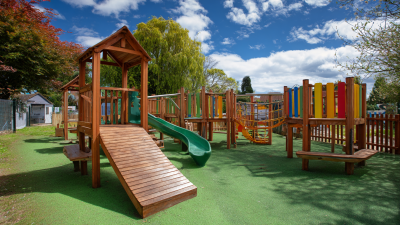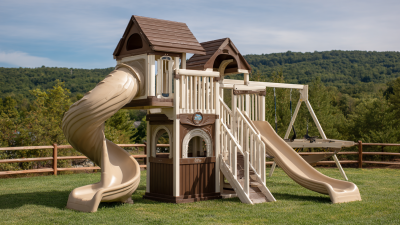 +86-13901441113
+86-13901441113




Research has shown that preschool outdoor play is vital for a child's holistic development, encompassing physical, social, emotional, and cognitive growth. According to the National Association for the Education of Young Children (NAEYC), engaging children in outdoor activities fosters important skills such as problem-solving, teamwork, and creativity. A 2018 report by the American Academy of Pediatrics emphasized that outdoor play helps reduce stress and improve mental health in young children, which is essential during their formative years. Furthermore, the Center for Disease Control and Prevention (CDC) highlights that children who participate in regular outdoor activities are more likely to develop a healthy lifestyle and maintain a healthy weight. However, despite the acknowledged benefits, many preschool programs still offer limited outdoor playtime. This underscores the importance of implementing research-based strategies to enhance child development through targeted preschool outdoor play activities, ensuring that children reap the maximum benefits of their time spent in nature.
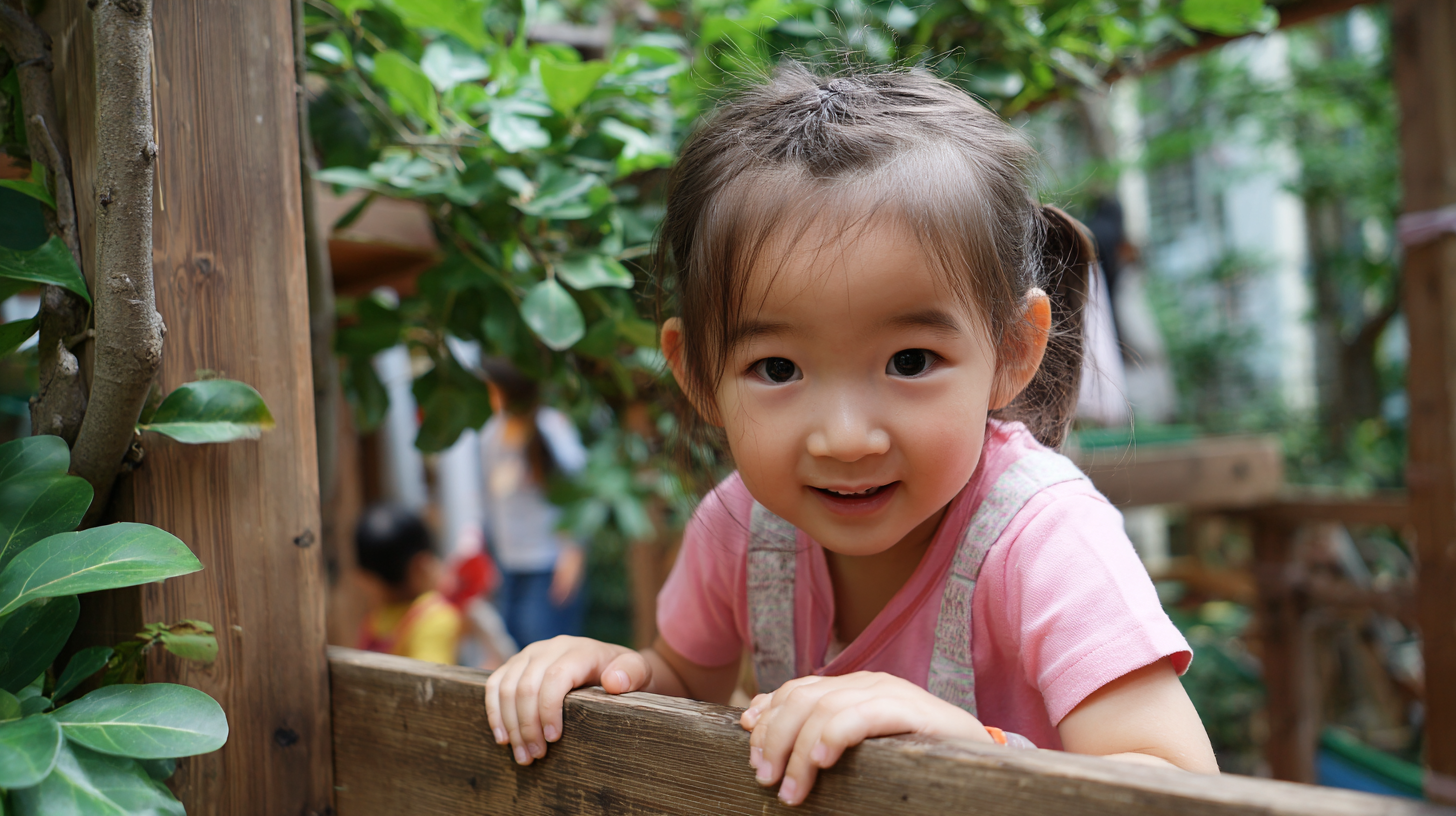
Creating a stimulating outdoor play environment for preschoolers involves several strategic elements that cater to their developmental needs and interests. One effective approach is to incorporate a variety of natural elements into the play area, such as trees, rocks, and water features. These components not only enhance sensory experiences but also encourage imaginative play, allowing children to explore and interact with their surroundings. For instance, a sand pit or a water play table can serve as an imaginative space where children can engage in creative activities like building, pouring, and measuring, fostering their cognitive skills.
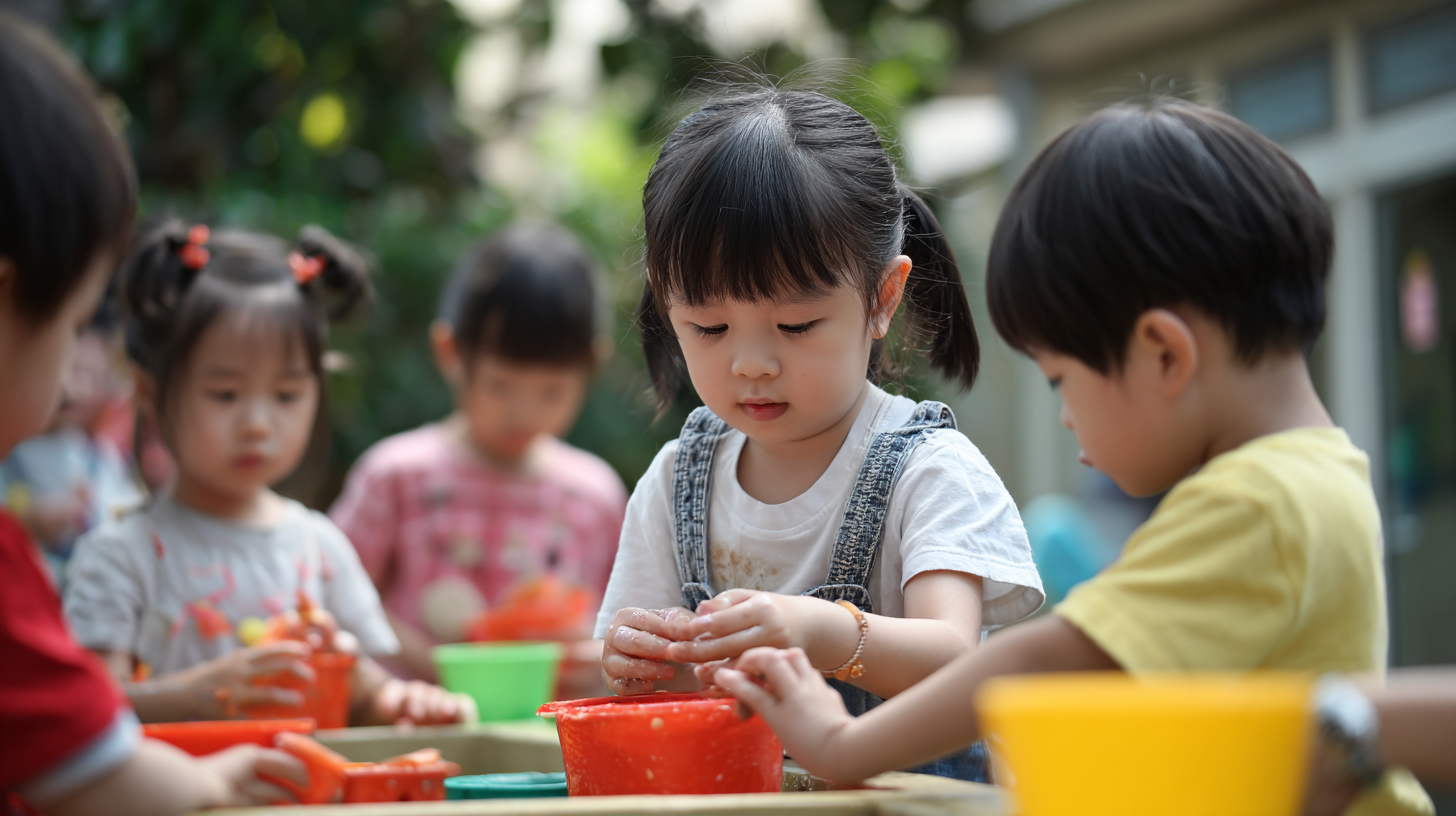
Additionally, implementing open-ended play structures can significantly enhance children's motor skills and social interactions. Climbing frames, balance beams, and slides should be designed to challenge children physically while still being safe. These structures promote coordination, balance, and strength as children navigate different heights and surfaces. Furthermore, incorporating designated areas for group games fosters collaboration and communication, enabling preschoolers to develop essential social skills as they plan and engage in activities together. By prioritizing a versatile and engaging outdoor play environment, educators can effectively support preschoolers' holistic development through play.
Incorporating nature-based learning activities into preschool outdoor play can significantly enhance child development. Engaging with the natural environment allows children to explore, discover, and learn through hands-on experiences. Activities such as planting seeds, creating a nature scavenger hunt, or observing local wildlife can foster curiosity and instill a sense of responsibility towards the environment. These experiences not only boost cognitive development but also support social skills as children collaborate and communicate during group activities.
**Tips:**
1. Set up a dedicated nature corner in your outdoor play area, where children can tend to plants or observe insects. This hands-on approach nurtures their understanding of biological processes.
2. Encourage storytelling sessions under a tree or during nature walks. This helps enhance language skills while allowing them to create narratives based on their observations.
3. Incorporate arts and crafts using natural materials, such as leaves and stones. This encourages creativity and fine motor skills as children manipulate different textures and shapes.
By integrating these nature-based activities, preschool educators can create a dynamic environment that promotes holistic development in young learners.
This chart illustrates the impact of different outdoor play activities on various areas of child development, based on research findings. The activities include nature walks, free play, structured games, and gardening, measured by their contribution to cognitive, social-emotional, and physical development goals.
Research shows that engaging children in cooperative play can significantly foster social skills and teamwork, essential components of early childhood development. According to a study published in the journal "Child Development", children who participate in cooperative outdoor play are more likely to develop effective communication skills and empathy, which are crucial for building relationships. When children engage in activities that require teamwork, they learn to share responsibilities, listen to others, and resolve conflicts—all necessary skills for their future social interactions.
Additionally, outdoor play settings provide a rich environment for children to practice these skills. The American Academy of Pediatrics emphasizes that outdoor play not only promotes physical health but also enhances socialization opportunities. For example, activities like group games or obstacle courses encourage problem-solving and collaboration, helping children to understand the importance of working together towards a common goal. Studies have indicated that children involved in cooperative play show improved emotional regulation and adaptability, which are vital for their overall development and future learning experiences.
Outdoor play is a vital component of preschool education, particularly for enhancing physical development and motor skills. Engaging children in activities like climbing, running, and jumping provides them with opportunities to build strength, coordination, and balance. These activities not only stimulate the body but also engage children in cognitive challenges as they navigate different terrains and obstacles. For instance, creating an obstacle course encourages problem-solving and improves spatial awareness, making physical development a fun and integral part of their play.
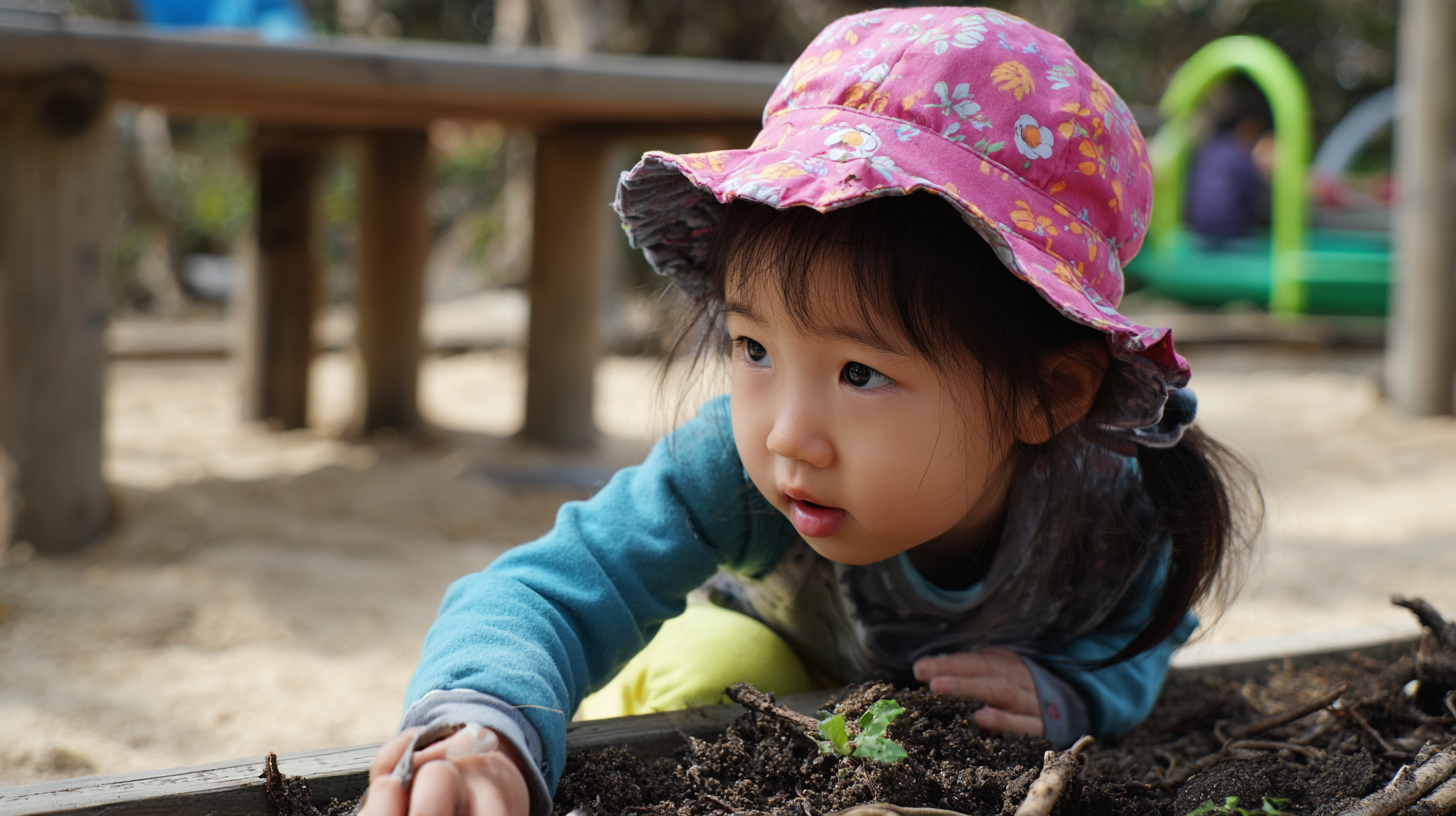
Research indicates that outdoor play can significantly improve fine and gross motor skills. Activities such as tossing and catching balls, building with large blocks, or manipulating sand and water promote dexterity and hand-eye coordination. These skills lay the foundation for later academic tasks, such as writing and using tools. Incorporating structured outdoor games such as relay races or scavenger hunts can further enhance these abilities while fostering teamwork and social interactions among peers, making the outdoor environment an essential space for holistic child development.
Implementing research-based assessments in preschool outdoor play activities is crucial for effectively tracking child development and ensuring that children gain the maximum benefit from their play experiences. These assessments provide educators with valuable insights into children's physical, cognitive, and social-emotional growth as they engage in outdoor activities. By utilizing standardized observation tools and checklists rooted in developmental research, teachers can systematically monitor children's progress and identify areas that may require additional support or enrichment.
Additionally, incorporating assessments that focus on specific skills such as problem-solving, cooperation, and motor development can help educators create more tailored outdoor play experiences. For example, a teacher may note that a group of children struggles with teamwork while building a structure in the playground. Using this insight, the teacher can introduce cooperative games designed to enhance communication and collaborative skills. Regularly revisiting these assessments allows for adaptive strategies that align with each child's unique developmental trajectory, fostering a more enriching outdoor learning environment.

